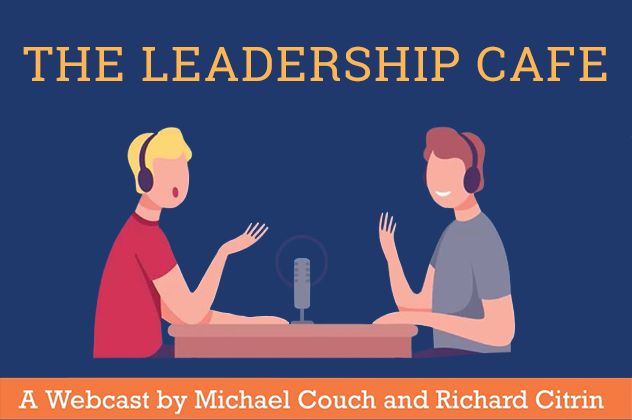
“The pain is inevitable but the suffering is optional.”
Haruki Murakami
I made a pitch to a national newspaper journalist a few weeks ago about what resilience will look like in 2021. She responded and we engaged in a series of spirited emails exploring the topic I proposed.
My basic premise is that the greatest danger from stressful events is not when they are occurring, for that is when we are girded and invoke our “grit response,” but instead happens after the stress is over and we begin to “let it all hang out.”
The research is clear that cardiovascular events increase after stressful events, people at risk with respiratory conditions such as COPD may experience acute respiratory problems and even the musculoskeletal system become involved from the “holding on” that we’ve all been doing which creates headaches, low back pain and a general sense of malaise.
I went on to share with her that we may need a period of “decompressing” that might include a recognition of the grief that this past year has given us. Whether it was an actual loss of a loved one, a student’s loss of a school year, and all of our accumulated loss of connections with others, may require a time to deal with those painful times.
Her response was that her editor only wanted happy stories these days and that she had to make sure that she kept the stories upbeat. I told her that I think that is one of the downsides of resilience is that we sometimes think that if we just put on a happy face everything will be okay.
She then went on to tell me that her own father had recently suffered a stroke recently, had aphasia and that she is finding herself grieving over the loss of their relationship, particularly during this time. As we exchanged emails, I could see that she was beginning to, perhaps, rethink the notion of how she (and the rest of us) may need to deal with the physical and emotional consequences of 2020 in a more truthful manner.
In some ways, it doesn’t matter if we “decide” to pay attention to it, our bodies will let us know in one way or another. Probably best to get ahead of it by talking about how all this has impacted us. We don’t have to live with the pain over time but it will call to us until we deal with it.
Happenings
The Leadership Café
Stephanie Doliveira is the Vice President of Human Resources for Sheetz, Inc. A family owned convenience and food retailer based in Altoona, PA. Recognized by Fortune as one of the 100 Best Companies to Work For, Best Places to Work for Women and Best Workplaces for Millennials, Sheetz is committed to offering sustainable careers built on an inspiring culture.
In this episode, Stephanie talks about how March 13, 2020, will be a day she never forgets. As the state of the nation and the business because unknown, team members came together at Sheetz to prepare for what was next. She shared that by relying on the company values established in 1952 by Founder, Bob Sheetz is what helped the most.
